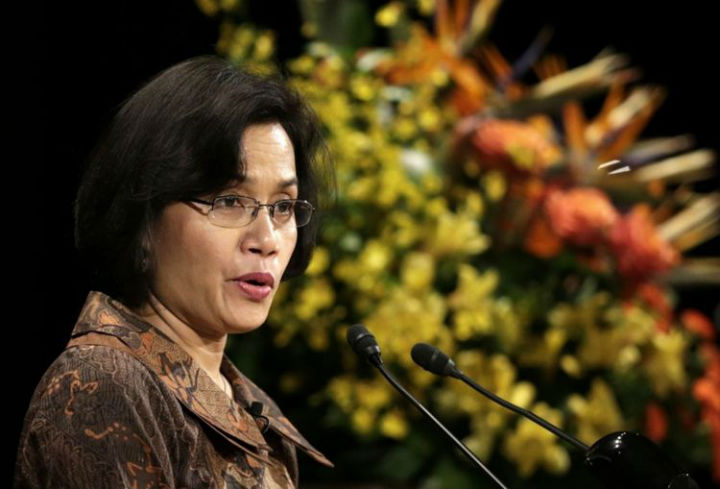Minister of Finance Sri Mulyani Indrawati has revised the tax target for 2017, but tipped investors will remain confident of Indonesian growth and reforms.
The popular minister is known for her strictness in planning state budgets and her belief that balancing credible budgets through global economic instability and aggressive public spending is vital for Indonesia.
Indrawati has set a tax revenue target of Rp.1,307.6 trillion (US$98.35 billion) — 16 percent higher than last year’s tax revenue realisation. The target is believed to be realistic with previous growth hitting 30 percent, ministry data shows.
As of the end of April, national tax revenue reached Rp.343.7 trillion (US$25.85 billion), an 18.19 percent increase compared to the same period a year earlier.
Indrawati remains realistic when calculating national tax growth projections, predicting an increase of just 13 percent.
Tax observer Yustinus Prastowo said Indrawati revised the tax target to avoid bigger risks in the future.
“If tax is forced to gain significant growth in order to pursue the target budget, then the authorities need to make sure that national deficit is at a safe point and the funding doesn’t tumefy,” Prastowo said.
While the national economic condition is steadily improving year on year, tax revenue does not necessarily increase accordingly.
Analysts frequently point to the tax amnesty program which, while overall successful, did not bring in as much to government coffers as hoped. Alongside this, there has been an increase in non-taxable income.
“The decrease in the tax base saw a failing of the revenue target,” Prastowo said.
Leo Rinaldy, Chief Economist at Mandiri Sekuritas, agreed, saying the government must make sure it makes up for the lost tax revenue by the end of the year which will avoid a rise in negative sentiment among investors.
The government boasted positive sentiment among investors after closing 2016 on target and overcoming potential fiscal risks through reforms, such as cutting budgets of ministerial institutions and fund transfers to regions.
“Formulating a realistic tax revenue will be very important in consideration of investors’ interests,” Rinaldy said.
Analysts and the ministry alike remain hopeful that the year’s tax revenue haul will be welcomed by both local and foreign investors.
See: Indonesia Targets Tax Cheats With New Bank Rules
Image credits: Lensa Berita




